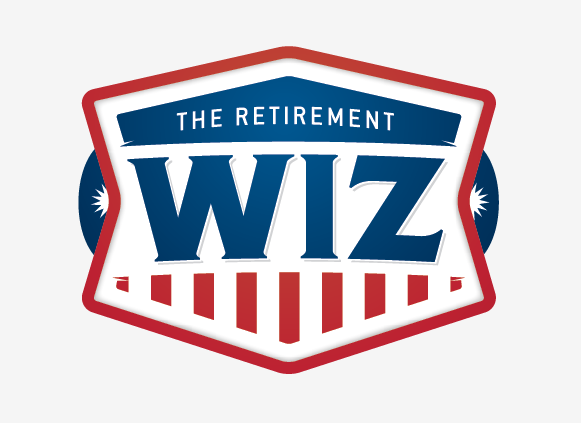What if you could get the flexibility of adjustable premiums and face value, and an opportunity to increase cash value; would you go for it? What if you could get this without the inherent downside risk of investing in the equities market? It’s your lucky day: All of this is possible with an indexed universal life insurance policy. These policies aren’t for everyone, so read on to find out if this combination of flexibility and cash value is a good fit for you.
Universal life insurance (UL) comes in a lot of different flavors, from fixed rate models to the variable ones, where you select various equity accounts to invest in. Indexed universal life (IUL) allows the owner to allocate cash value amounts to either a fixed account or an equity index account. Policies offer a variety of well-known indexes such as the S&P 500 or the Nasdaq 100 to name just a few. IUL policies can possibly achieve higher index crediting returns than fixed ULs, but are less risky than variable universal life policies because no money is actually invested in equity positions.
IUL policies offer tax-deferred cash accumulation for retirement while maintaining a death benefit. People who need permanent life insurance protection but wish to take advantage of possible cash accumulation via an equity index might use IULs for family protection as well as key-person insurance for business owners, premium financing plans or estate-planning solutions. IULs are considered hybrid life insurance products that need to be adequately explained and understand.
When a premium is paid, a portion pays for annual renewable term insurance based on the life of the insured. Any fees are paid, and the rest is added to the cash value. The total amount of cash value is credited with interest based on increases in an equity index (but it is NOT directly invested in the stock market). Some policies allow the policyholder to select multiple indexes. IULs usually offer a guaranteed minimum fixed interest rate and a choice of indexes. Policyholders can decide the percentage allocated to the fixed and indexed accounts.
The value of the selected index is recorded at the beginning of the month and compared to the value at the end of the month. If the index increases during the month, the interest is added to the cash value. The index gains are credited back to the policy either on a monthly or annual basis. For example, if the index gained 6% from the beginning of June to the end of June, the 6% is multiplied by the cash value. The resulting interest is added to the cash value. Some policies calculate the index gains as the sum of the changes for the period. Other policies take an average of the daily gains for a month. If the index goes down instead of up, no interest is credited to the cash account.
The gains from the index are credited to the policy based on a percentage rate, referred to as the “participation rate”. The rate is set by the insurance company. It can be anywhere from 25% to more than 100%.
IUL policies typically credit the index interest to cash accumulations annually.
What's good about a IUL Policy
1. Low Price: The policyholder bears the risk, so the premiums are low.
2. Cash Value Accumulation: Amounts credited to the cash value grow tax deferred. The cash value can pay the insurance premiums, allowing the policyholder to reduce or stop making out-of-pocket premiums payments.
3. Flexibility: The policyholder controls the amount risked in indexed accounts vs. a fixed account; the death benefit amounts can be adjusted as needed. Most IUL policies offer a host of optional riders, from death benefit guarantees to no-lapse guarantees.
4. Death Benefit: This benefit is permanent.
5. Less Risky: The policy is not directly invested in the stock market, thus reducing risk.
More About a IUL Policy
1. Caps on Accumulation: Insurance companies sometimes set a maximum participation rate that is less than 100%.
2. Better for Larger Face Amounts: Smaller face values don’t offer much advantage over regular universal life policies.
3. Based on an Equity Index: If the index goes down, no interest is credited to the cash value. (Some policies offer a low guaranteed rate over a longer period). IUL's use various market indexes as a benchmark for performance. With the IUL, the goal is to profit from upward movements in the index. While not for everyone, indexed universal life insurance policies are a viable option for people looking for the security of a fixed universal life policy and the interest-earning potential of a variable policy.
This information is not intended to be tax or legal advice, and it may not be relied on for the purpose of avoiding any federal tax penalties. You are encouraged to seek tax or legal advice from an independent professional advisor.


